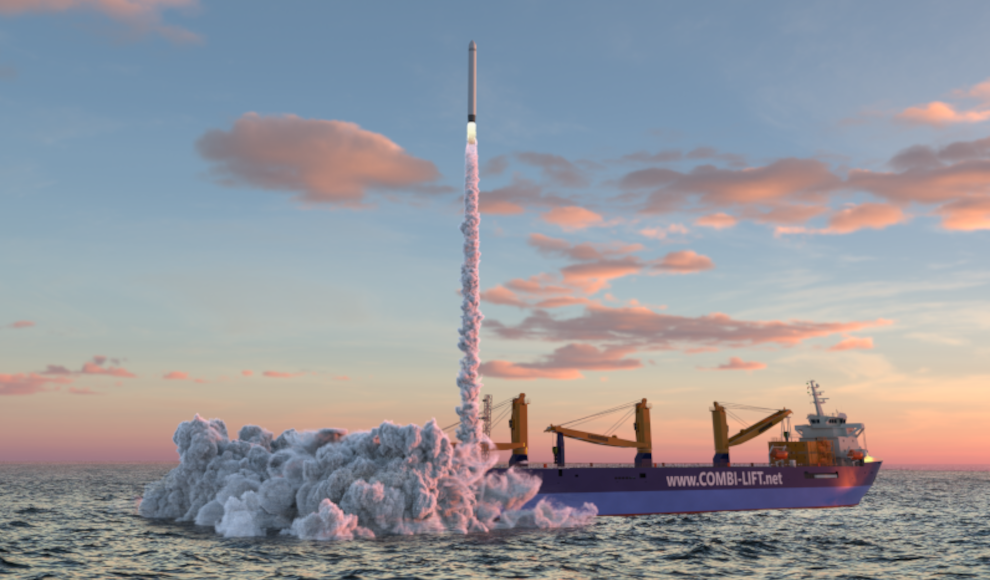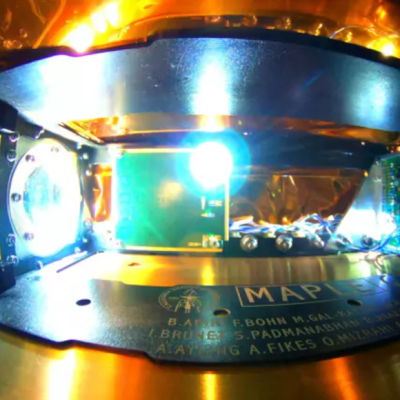Germany has announced plans to build a floating spaceport in the North Sea in 2020. The German Offshore Spaceport Alliance (GOSA) aims to launch rockets with small satellites from this spaceport. The GOSA has announced that the floating spaceport will begin operations in 2023. However, no rockets have been launched yet. The Bundesverband der Deutschen Industrie e. V. (BDI) has now revealed that the first rocket will launch in April 2024. The launch will be conducted by a Dutch company from the GOSA’s mobile launch platform. The GOSA’s concept involves launching rockets from a special ship with a launch ramp. In the future, the spaceport will primarily launch microlaunchers that will carry satellites into polar and sun-synchronous orbits. The first launch will take place from the “Entenschnabel” in the North Sea, which is the furthest northwestern part of the German economic zone.
The GOSA is a collaboration of various companies, including OHB, a space company, Harren & Partner, a shipping company, Tractebel DOC Offshore, which deals with maritime projects, Mediamobil, a specialist in offshore communication, and BLG Logistics, a port logistics company. The insurance company Lampe & Schwartze is also involved. Siegfried Russwurm, the president of the BDI, emphasized the importance of the German government intensifying its efforts in space policy. He stated that certain sectors of the German economy rely on data provided by satellites, such as autonomous driving, smart farming, and Industry 4.0. Russwurm warned that Germany must avoid repeating past mistakes in other future technologies, such as chip production. He stressed that being at the forefront of space technology is crucial for becoming a technology leader on Earth.
The GOSA’s floating spaceport is an exciting development for Germany’s space industry. The launch of the first rocket in April 2024 will mark a significant milestone for the GOSA and the German space industry. The spaceport’s location in the North Sea provides a unique advantage for launching rockets into polar and sun-synchronous orbits. The GOSA’s collaboration with various companies and the BDI’s support for space policy will help Germany become a leader in space technology.










